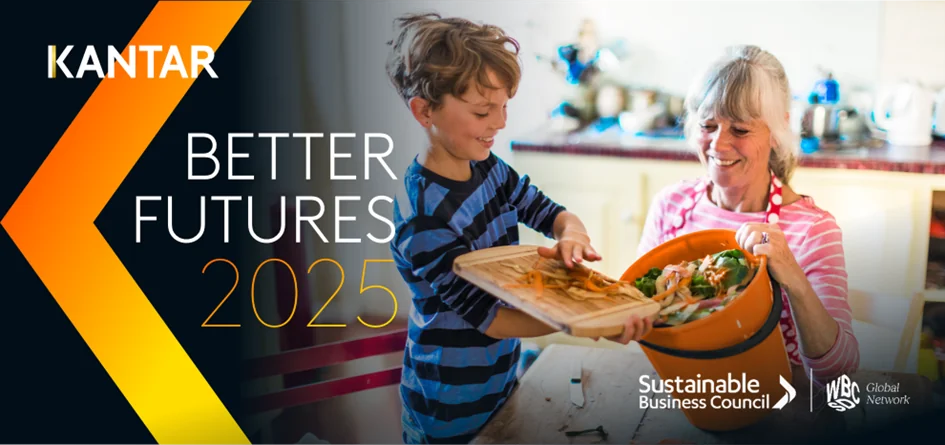Consumers hold line on sustainability, expect business to do the same

New research shows that while the cost of living remains top concern for New Zealand’s consumers, their commitment to sustainability remains strong.
The Kantar and Sustainable Business Council (SBC) Better Futures 2025 report – now in its 16th year, surveyed 1,000 New Zealanders. Results show there are high expectations of businesses to take responsibility for their environmental and social impacts.
Kantar’s Sustainable Transformation Practice Lead Jason Cate says businesses should be rethinking how they engage with consumers on environmental and social issues.
“Perceptions show businesses are falling short of consumers’ expectations in the sustainability space. Although global pressures mean it’s more challenging for businesses to prioritise social and environmental responsibility, these issues remain key to New Zealanders – and consumers continue to hold the line on sustainability issues year on year.
“Consumers expect businesses to do the same, if not go further, to help them make the better choices they aspire to.”
Sixty percent of people surveyed said they were prepared to invest time and money to support companies doing good in the sustainability space, while almost half (49%) said they had stopped buying certain products because of their environmental impact.
“Businesses cannot walk away from their sustainability commitments without losing trust in their brand,” Cate says.
SBC’s Head of Environmental, Social and Governance Jay Crangle says the report reaffirms calls for businesses to go beyond storytelling, with New Zealanders expecting action on the big issues.
“We’re seeing proof that meaningful actions speak louder than words when it comes to environmental sustainability and social responsibility. Consumers are looking for businesses to show more than tell. When they do tell, consumers want to see transparency and authenticity.”
Consumers again ranked social issues as more of a priority than environmental issues – with a sharp increase in concern over access to good, affordable healthcare (up 9% on 2024). Almost one-third of a consumer’s perception of a brand is now shaped by what they’re doing to minimise the social harm of their products or services.
“Environmental issues remain important to consumers, but social concerns are increasingly apparent and pressing,” Crangle says.
“There is clear commercial benefit in engaging genuinely with both sustainability and social issues, because there’s substantial overlap in the interest for progress in both. But engagement must be authentic and relevant to your business, or consumers will notice.”

JASON CATE
Sustainable Transformation Practice Lead
[email protected]